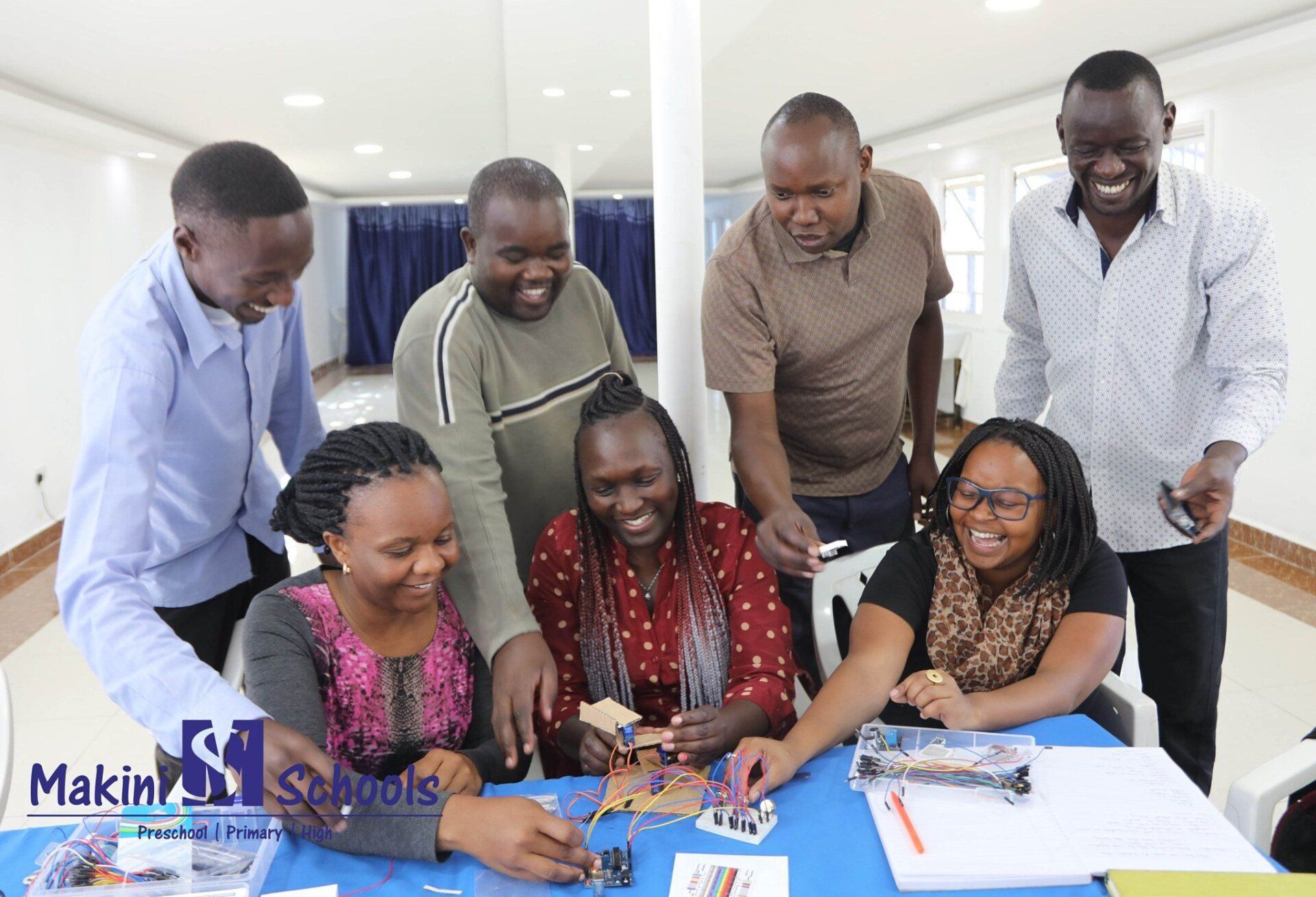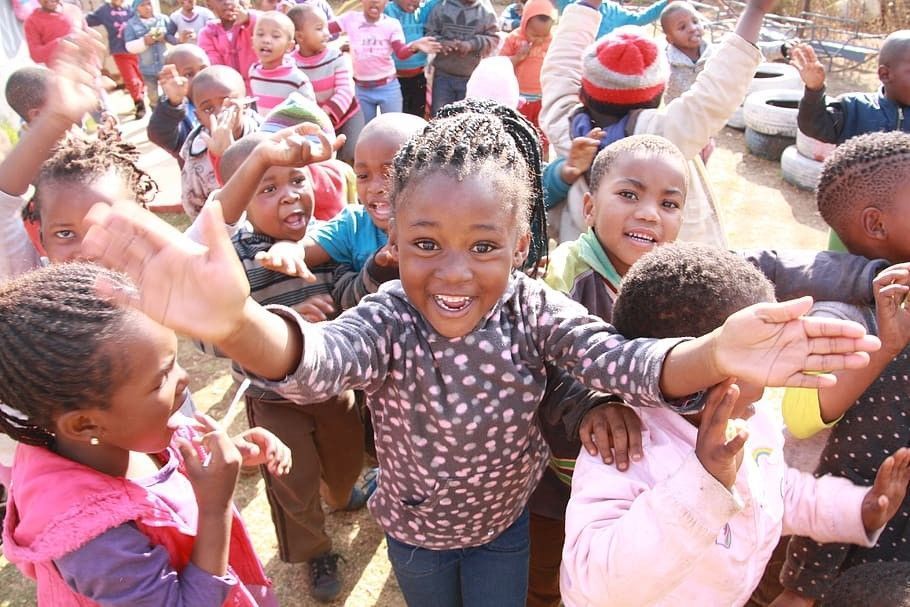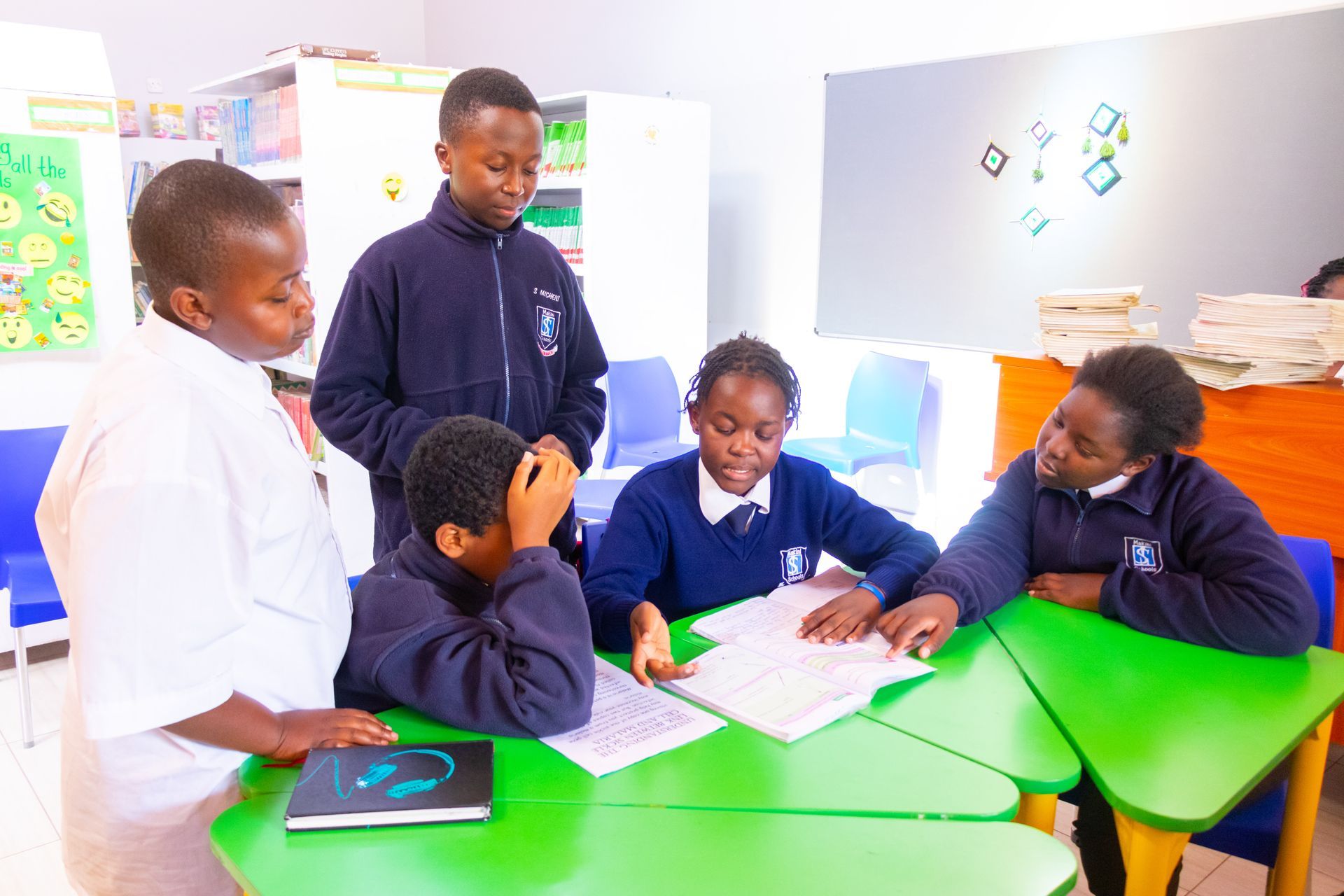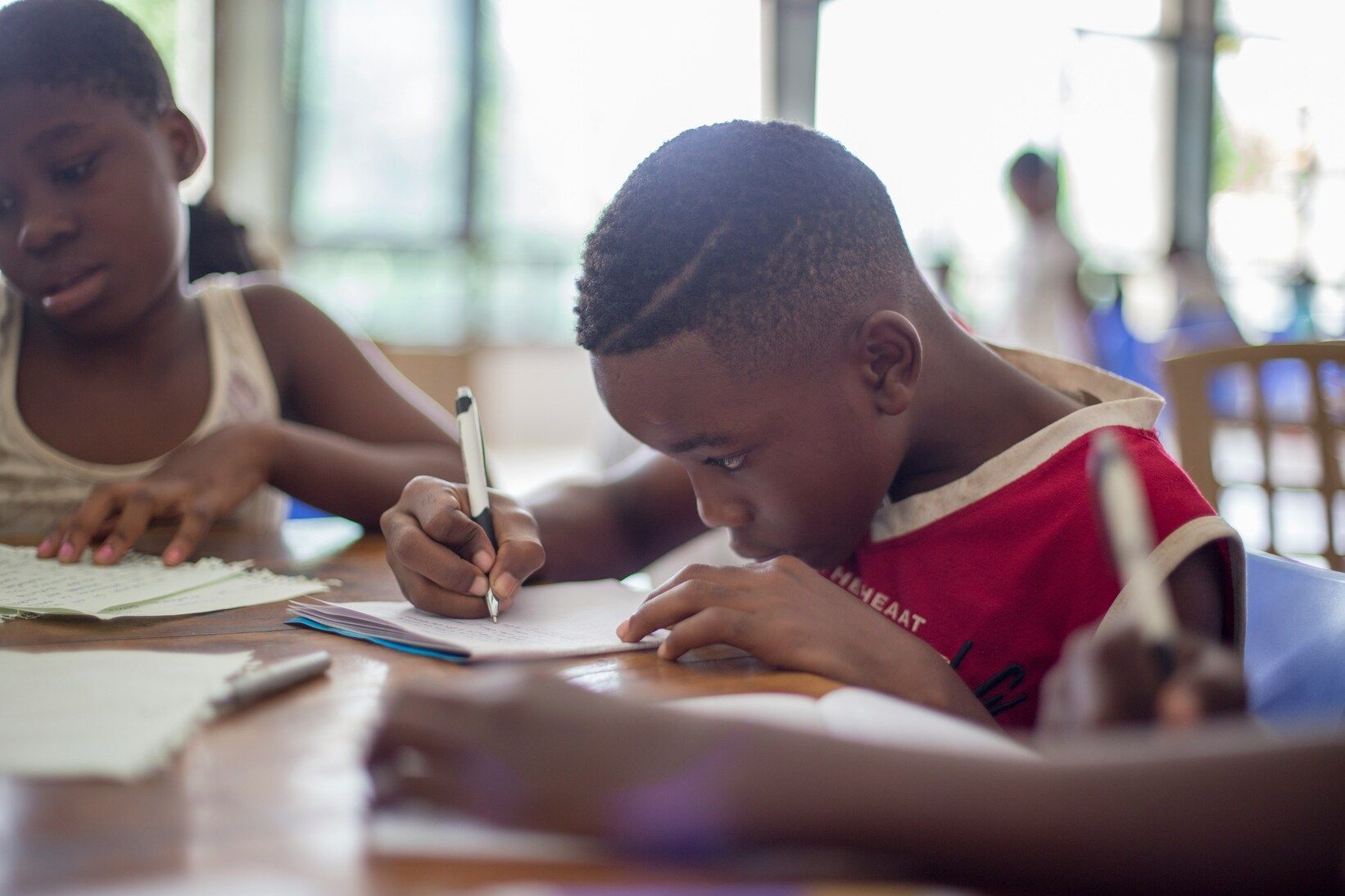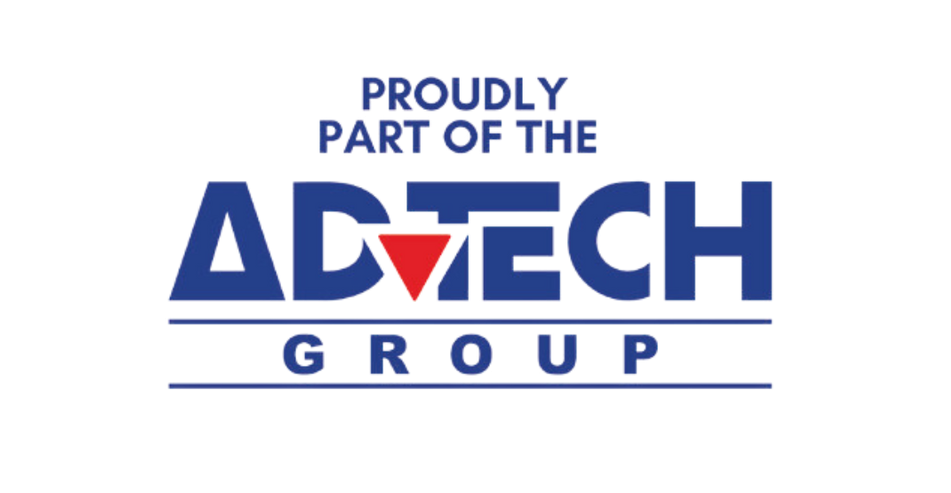Make 2020 Count for Your Family
By Caleb Onyango Otieno, Makini Schools, Counselling Psychologist
There is currently much information and policy advice relating to schooling and the COVID-19 pandemic. We are accessing this on social media and other platforms. There is, understandably, a lot of interest and anxiety regarding schooling in the country post the lock-down and the focus on what the impact will be for 2021.
Parents have to go the extra mile to juggle attending to their children at home as well as manage their busy work schedules. Some children and young people may also be feeling isolated, anxious, bored and uncertain. They may feel fear and grief over the impact their families are experiencing. School closures, working remotely, physical distancing – we understand is a lot for parents and children to navigate. With all these experiences and selected opportunities either cancelled, postponed or moved online, the children can also get overwhelmed.
Parents of pre-schoolers have also raised their concerns on the challenge of keeping their little people engaged while working from home. In a pre-schooler’s little world, play means a lot to them. They always want to go play, not just play but play with their peers oblivious to the risk posed by the Covid-19 virus. They are at that stage where creative content provides a much-needed escape into the fun and magical worlds of imagination. However, how do you tell a little one that the interaction with their friends might result in exposure to the virus?
We are also feeling ‘homesick’, even when the home we are missing is that familiar space of the home that is characterised as the ‘old normal’, but we have to come to terms that the normal we refer to, will never be again, instead we need to prepare for a ‘new normal’ – looking to the future which definitely will be different.
To help parents interact constructively with their children during this time of confinement, we suggest staying positive, creating daily routines, managing stress and talking about corona and the impact it has on our lives. We outline a few of these important aspects:
- It’s very important to maintain routine. Make a schedule for you and your children that has time for structured activities as well as free time. Let your free time link up with the free time of your children, so that you may check in with each other and also experience fun activity together. Also allow your children to be part of planning the routine for the day. This is a very good way to keep the communication flow going.
- Encourage healthy habits such as regular sleep schedule, proper nutrition and regular physical activity. Help your child focus on what they can control, teach coping mechanisms such a breathing exercises and encourage positive thinking. If you are positive your child will be positive and it will assist for a smoother transition to the end of the year.
- Also make time and spend time with your children. Make sure that all activities are keeping everyone occupied and productive during this pandemic. At the end of the day take a minute to do a high and low moment of the day. This will give you an indication of where your child’s head space is at and if you need to intervene.
- Let children continue their learning. Schools like Makini have continued to provide interesting and fun education for the children. Other resources such as radio, educational online content is available. Children can use their hard copy books for revision. Pre-schoolers can engage in guided learning that can build on their numeracy, literacy and motor skills.
- Children needs to be allowed to be children because this situation should not take that away from them and they should be engaged with, heard, and allowed to ask many questions no matter how trivial they may sound. Give your child the opportunity to play and be a child. Family time is important.
- It is important to eat together. Make family meals fun. Cook and try new recipes together. This will not only teach some particle life skills to your children, but create wonderful traditions that will allow for plentiful wonderful memories.
- Take time to read together. Tell stories about the family and discuss the histories of your different cultures. This way children learn about their heritage and keep their minds preoccupied. It also allows for a wonderful bonding moment.
- Allow your children positive but limited leisure time on the internet, radio and TV space. It is just important to be aware of what your children are watching and listening too. Put the necessary security measures in place and be mindful of what your child is consuming on TV, radio and through the internet. We all know with the click of a button they can watch anything from beneficial and important segments that can enrich their lives to content that could be harmful to their well being. Also, know who your children are communicating with over an online space. If you see a change in your child’s behavior it might be a result of either cyber bullying or harmful content, that they are consuming. Be in the know.
- It is also important to check in on each other and seeking counselling when you need to process your fears, anxiety and stress. Do not be ashamed of asking for help, because from time to time we need a support system where we can be heard without being judged and/or even challenged. This service is a phone call away and/or available online.
- An alternative that could support your mental state is journaling. This helps us organise our thoughts and track everything from what happens physically and mentally to us. It can also present areas in which we are progressing and areas that we might need to improve on. It can also create a platform for a ‘to do’ list that can help in some cases make pertinent decisions that are crucial for the family. It is a nice way to put down ideas, designs and songs. Who knows, you might be writing one of those great novels that have been published in the past from a journal. Journaling is a great way to change a negative mindset into a positive.
Meanwhile, let us intentionally continue keeping social distance, wearing masks, washing our hands with soap from time to time or alcohol based hand sanitisers as we stay away from crowded places. We’ve seen many fake news bulletins that included that people who uses alcohol will be cured, while in other news some were saying that it does not affect Africans and some believe that children cannot get it, but across the world facts has shown that many people in Africa have tested positive, children can also test positive. For this reason, we should ensure we rely on verified information as provided by the Ministry of Health and the World Health Organization (WHO).
Stay safe in body and mind.



